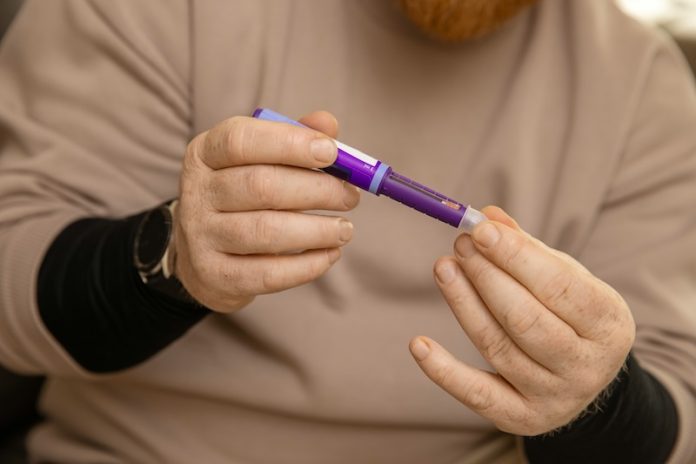
Inside our body is a small but very important organ called the pancreas. One of its main jobs is to make insulin using special cells called beta cells. Insulin is like a key that unlocks our cells so that sugar from the blood can enter and be used for energy.
When the body doesn’t make enough insulin, sugar builds up in the blood, which can lead to diabetes.
Scientists from Weill Cornell Medicine have made an exciting discovery. They found that not all beta cells are the same. Dr. James Lo and his team discovered four different kinds of beta cells, and they shared their findings in the journal Nature Cell Biology.
Among the four types, one kind, called cluster 1 beta cells, stands out. These cells are like superheroes. They make more insulin and break down sugar better than the other types. Losing these special cells may increase the chance of getting type 2 diabetes.
To find these different beta cells, the researchers used a method called single-cell transcriptomics. This technique helps scientists see which genes are turned on in individual cells. Genes act like instruction books that tell cells what to do.
The superhero beta cells had more active genes involved in making insulin and processing sugar. These cells also had high levels of a protein called CD63, which made it easier for researchers to identify them.
What does this mean for people? Both mice and humans have these superhero beta cells, and they work in similar ways. The scientists saw that obese mice and diabetic mice had fewer of these special cells. With fewer superhero cells, the pancreas made less insulin, making it harder to control blood sugar.
When researchers gave diabetic mice more of these superhero beta cells, their blood sugar improved. But when they used regular beta cells, the results weren’t as good. This shows that boosting the number of superhero beta cells could one day help treat diabetes.
Now, Dr. Lo and his team want to learn why these special cells disappear in diabetes and how to stop it from happening. They also plan to study how current diabetes medicines affect the different kinds of beta cells.
This research brings hope for better treatments for diabetes. Understanding the different types of beta cells could help scientists create new ways to treat or even prevent the disease.
Other studies have shown that eating healthy foods like whole grains and blueberries and getting enough vitamin D might help manage diabetes too.
This discovery is a big step forward. It shows how dedicated scientists are to finding new solutions and improving life for people with diabetes.
If you care about diabetes, please read studies about Vitamin D and type 2 diabetes, and what you need to know about avocado and type 2 diabetes.
For more information about diabetes, please see recent studies about how to eat to prevent type 2 diabetes, and 5 vitamins that may prevent complication in diabetes.
Copyright © 2025 Knowridge Science Report. All rights reserved.



